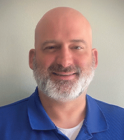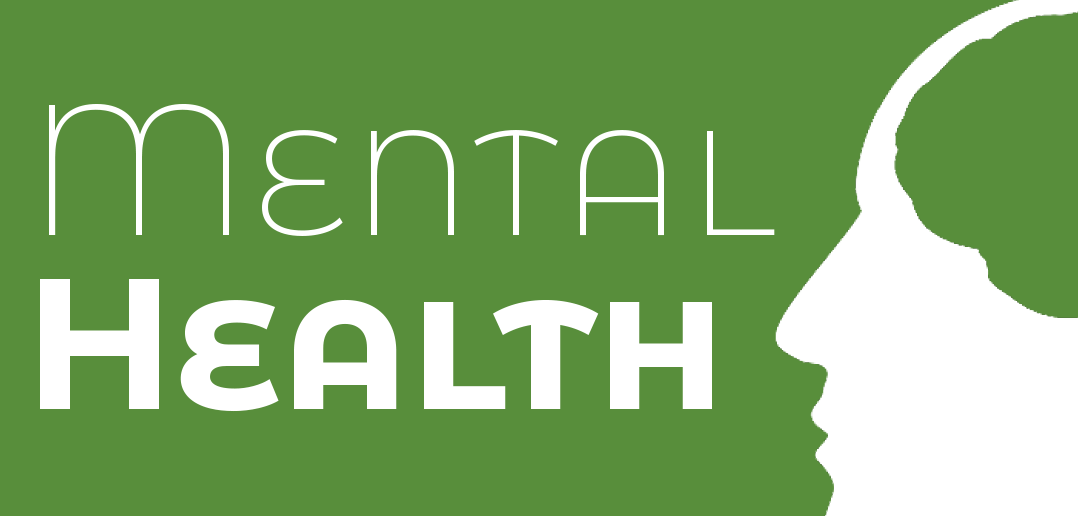The stigma around mental health has improved in recent years due to increased awareness, advocacy and open conversations about the topic. However, it hasn’t completely disappeared, and there is still work to be done to eliminate it entirely. Mental health professionals, along with individuals, communities and organizations, play a crucial role in this ongoing effort.
Mental health professionals in Lincoln and beyond have been instrumental in reducing stigma by providing essential services, education and support to individuals dealing with mental health issues. They help empower individuals to seek help and treatment when needed, and they work to create an environment where people feel safe discussing their mental health concerns.
A simple quote to a very complex dilemma is, “things don’t get better until you stop doing what doesn’t work.” To help others, you have to build a positive relationship – something that involves trust, unconditional positive regard, empathy, understanding and the allowance of a person to tell their story.
A person’s mental health is a collective experience from early on with their family, friends and society. Their experiences influence how they feel and see themselves as well as others. They take their feelings into account when viewing and responding to the world, which leads to consequences that reinforce their basic concept of who they are.

Tim Harlan
Peoples City Mission
At People’s City Mission (pcmlincoln.org), their goal is to help people. According to Tim Harlan, Men’s Shelter Director, “Our goal as helpers is to interrupt that negative feedback loop and help them rewrite their scripts so they can make some progress on changing the things that aren’t working. Our job is to help them redefine how they feel about who they are. We want to challenge their misconceptions and the lies they have developed about themselves.”
Using the metaphor of “cleaning up your room” as a way to encourage self-improvement and personal growth is a powerful and relatable concept that People’s City Mission actively uses and promotes. It’s drawn from the idea that our external environment, in this case, our physical living space, can be a reflection of our internal state of mind. As such, it is a starting point for disrupting self-destructive patterns and replacing them with healthier coping and life skills.
When dealing with mental health, it is important to recognize the connection between mental and physical well-being. Mental health is a component of overall health, and addressing mental health issues can have a positive impact on a person’s physical health. Early recognition, support and intervention can help promote better mental well-being, underscoring the importance of addressing mental health holistically and proactively.

Sarah Worley
Daring Minds Therapy
Sarah Worley with Daring Minds Therapy (daringmindstherapy.info) shared, “Offering individual, family and couple’s counseling is how we support people in improving their mental health and overall well-being. These services can help individuals and families navigate challenges, develop coping strategies, improve communication and work towards healthier, more fulfilling lives.”
Approaching mental health with sensitivity and professionalism is vital for creating a safe and effective therapeutic environment. This involves respecting client confidentiality, maintaining a non-judgmental attitude, showing empathy and valuing each client’s autonomy and unique experiences. Establishing appropriate boundaries and practicing self-care as a mental health professional is equally essential in order to provide the highest quality support and to reduce the stigma associated with mental health issues, ultimately encouraging more individuals to seek help when necessary.
Reaching out for help is one of the most challenging things for those struggling with mental health to do. If someone has a cold or breaks a leg, they call a doctor. But, if someone struggles with anger or suicidal thoughts, they believe they need to fix it alone. This misconception that one should address mental health issues alone can exacerbate the struggles individuals face. It’s crucial to recognize that mental health is as significant as physical well-being, and reaching out for support is a sign of strength, not weakness.

Kayla Wilson
Choices Treatment Center
According to Kayla Wilson, PLADC with Choices Treatment Center (choicestreatmentcenter.com), “Big or small, reaching out for support for your mental health is something that should be ‘normal,’ like calling a doctor. It should be encouraged and celebrated. At Choices, we have a variety of ways to support people struggling with addictions and mental health concerns including a crisis line, peer support, groups, gambling counseling, drug and alcohol counseling and mental health counseling. A lot of our staff have lived experience so they understand the effects of it all. We want to be the people you call when you’re tired of trying to fix it alone. We want to be part of your ‘normal’ wellness routine.”
By providing a caring and supportive atmosphere, Choices Treatment Center aims to guide individuals towards recovery and improved well-being. Their holistic approach to assisting individuals in overcoming mental health challenges ensures that all co-occuring issues are comprehensively addressed.
HopeSpoke’s (hopespoke.org) team also offers a supportive environment, additionally focusing on opportunities to share clinical knowledge, collaborate on problem solving and funds for clinical training opportunities in evidence-based practices such as Parent-Child Interactive Therapy and Trauma-Focused Cognitive Behavioral Therapy.
HopeSpoke offers opportunities for therapists to engage in both in-office and telehealth sessions, providing flexibility in work schedules. This flexibility allows therapists to reach a wider range of individuals while adapting to evolving needs and preferences in mental health care delivery. HopeSpoke provides services designed to help vulnerable children, teens and their families.
However, one of the primary challenges faced by HopeSpoke in fulfilling their mission is the shortage of mental health therapists. This shortage significantly impacts their ability to provide comprehensive care to young individuals.

Katie McLeese Stephenson
HopeSpoke
“Our industry, like many others, is facing a workforce shortage,” Katie McLeese Stephenson, MSW, Executive Director of HopeSpoke said. “But at the same time, we are seeing decreased stigma around mental health and more people seeking help.”
Behavioral health professionals play a critical role in the lives of young people who are struggling, as a therapist can make a difference in a child’s life every day. Addressing the shortage of mental health therapists is crucial in ensuring that vulnerable children, teenagers and families receive timely and adequate mental health support. Efforts to recruit and retain mental health professionals, as well as providing opportunities for training and professional development, are essential for HopeSpoke to overcome this challenge.
Mental health isn’t a “one size fits all.” Every professional has a different approach that is tailored to meet the needs of each individual. These approaches methods various factors, including the person’s background, experiences, cultural influences and specific mental health concerns. By recognizing and respecting these individual differences, mental health professionals can offer customized treatment strategies that resonate with the individual’s preferences and circumstances, promoting a more effective and personalized therapeutic experience. This tailored process enhances the chances of positive outcomes and better addresses the diverse needs of individuals seeking mental health support.

Dr. Aaron Stratman
MidWest Behavioral Health
At MidWest Behavioral Health (mwbehavioral.com), they provide comprehensive and innovative behavioral health care. “By emphasizing a psychophysiological approach, we are able to strengthen our patients’ foundational makeup and keep them choosing the path they want to be on,” shared Dr. Aaron Stratman. “We find a therapist who resonates with them and understands where they are coming from. Whatever the person is feeling can likely make sense, and undermining that fundamental premise generally will not lead to a positive outcome.” Between Dr. Stratman, Dr. Julie Maikranz and Dr. Tim Riley, Midwest Behavioral Health offers years of direct clinical experience, using evidence-based approaches to provide individual and family therapy. Additionally, their board-certified psychiatric providers – Kara Antoniak APRN-NP, PMHNP-BC and Susan Gripp APRN-NP, PMHNP-BC – evaluate, diagnose and treat a wide range of conditions with psychotropic medications.
The providers at MidWest Behavioral Health also encourage patients to remain in the present moment. The decisions they make in the here and now are the ones that will determine their path moving forward. So, it is important to have patients focus on who they want to be rather than focusing on how they “should have” done something in the past or “what if” something bad happens in the future. To prepare for the possibility of staying in the present moment, biofeedback techniques that promote self-regulation of emotional states is often employed. Midwest Behavioral Health is prepared to address the whole person – emotionally, physically, behaviorally and bio-chemically.
Mental health professionals in Lincoln and beyond have played a pivotal role in the mental health field by offering vital services, education and support, empowering individuals to seek help and fostering safe spaces for open discussions on mental health. Their contributions have been instrumental in reducing stigma and encouraging proactive engagement with mental health concerns.

